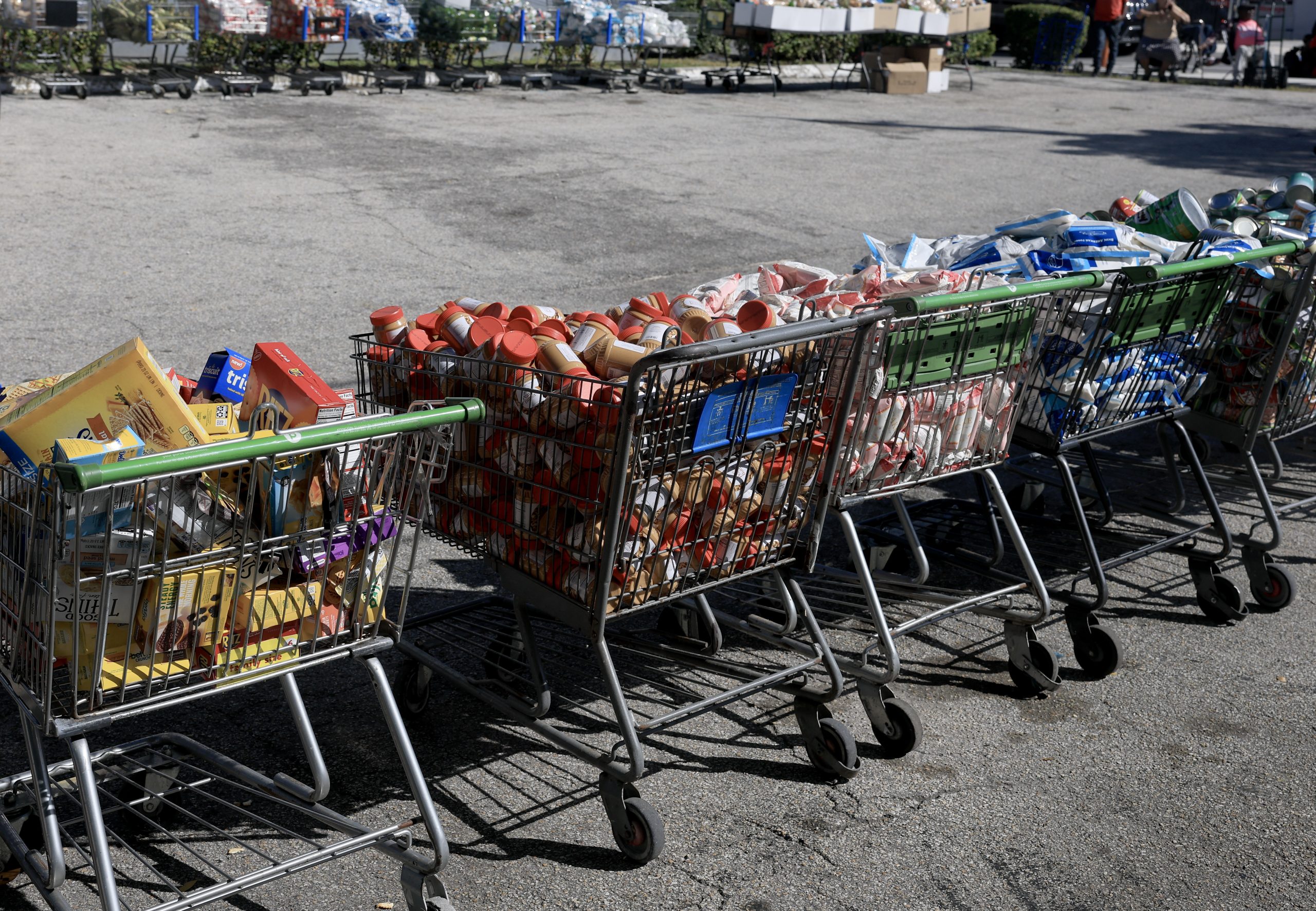SNAP Benefits Strained: “Welfare Queen” Stereotype Resurfaces
As the debate over government assistance intensifies, a familiar and harmful stereotype is rearing its ugly head: the “welfare queen.” This resurgence coincides with the strain on the Supplemental Nutrition Assistance Program (SNAP), formerly known as food stamps, which provides crucial support to millions of Americans. With political gridlock threatening the program’s stability, social media platforms are becoming breeding grounds for misinformation and inflammatory content, further stigmatizing those who rely on SNAP.
Social Media Fuels Outrage
The current controversy stems from viral videos depicting alleged SNAP recipients living lavish lifestyles at taxpayer expense. These videos, often characterized as “rage bait,” are designed to provoke anger and resentment towards those receiving government assistance. The clips typically showcase individuals purchasing expensive items or flaunting perceived luxuries, creating a distorted image of SNAP beneficiaries.
The ease with which these videos spread online underscores the power of social media to shape public perception. While SNAP is intended to provide a safety net for vulnerable individuals and families, these misleading portrayals contribute to the misconception that the program is riddled with fraud and abuse.
The Real Impact of SNAP Shortfalls
The resurgence of the “welfare queen” stereotype is particularly damaging at a time when SNAP benefits are facing significant challenges. With government shutdowns and funding debates looming, millions of Americans are at risk of losing access to vital food assistance. These individuals, often working families, seniors, and people with disabilities, rely on SNAP to supplement their limited incomes and ensure they can afford basic necessities.
The impact of SNAP extends beyond individual households, affecting local economies and food security initiatives. When benefits are cut or delayed, food banks and other charitable organizations struggle to meet the increased demand, further exacerbating the problem of hunger and poverty.
A Call for Nuance and Understanding
The debate over SNAP is complex and multifaceted, involving issues of poverty, inequality, and government responsibility. It is crucial to approach this discussion with nuance and avoid perpetuating harmful stereotypes. Instead of focusing on isolated incidents of alleged abuse, policymakers and the public should prioritize evidence-based solutions that address the root causes of poverty and ensure that vulnerable populations have access to the support they need.
By promoting accurate information and challenging misinformation, we can create a more informed and compassionate dialogue about SNAP and other social safety net programs. Ultimately, a society is judged by how it treats its most vulnerable members, and ensuring access to basic necessities like food is a fundamental moral imperative.
Based on materials: Vox





